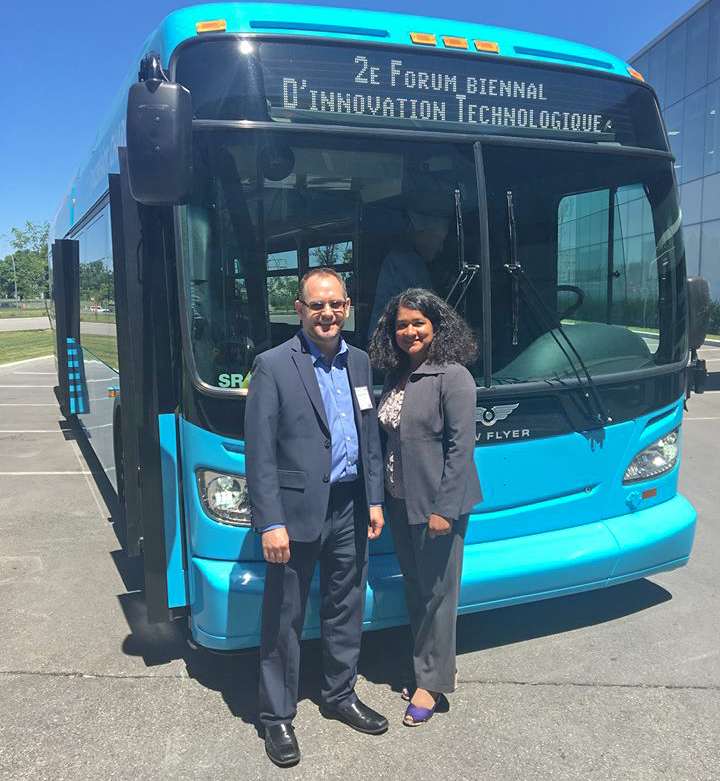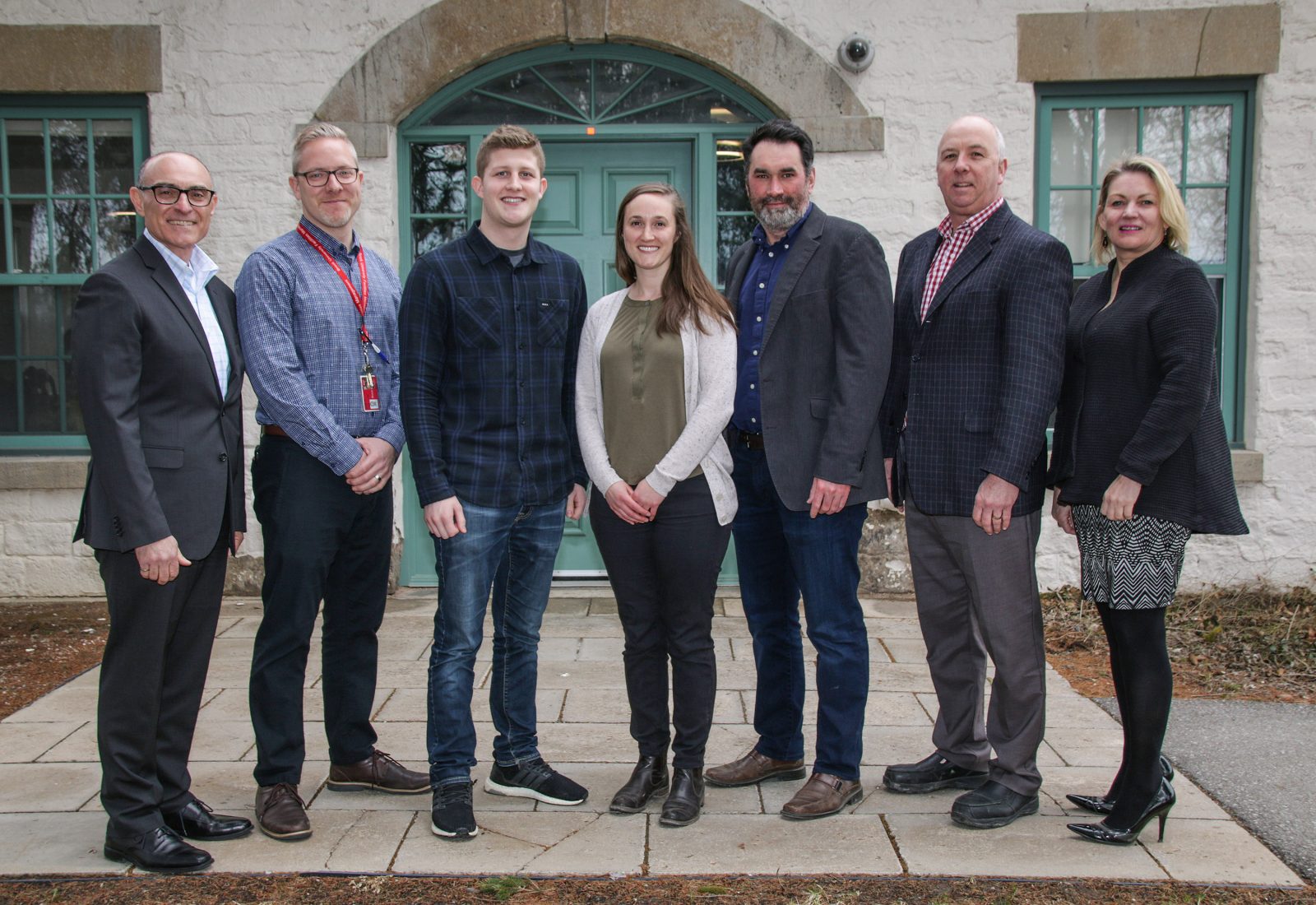NSERC has recently announced $5.5 million in funding for NSERC ResNet: A network for monitoring, modeling, and managing Canada’s ecosystems services for sustainability and resilience, led by Dr. Elena Bennett (McGill). Dr. Julia Baird (CRC and Assistant Professor in the ESRC and DGTS) is a co-lead of one of three themes: ‘Mapping the decision-space for ecosystem services management’ and is one of 26 co-applicants from across Canada on the project. The funding will support a Post-doctoral Fellow at Brock University for four years and several Master of Sustainability students will engage in this pan-Canadian research project.
NSERC ResNet “aims to transform Canada’s capacity to monitor, model, and manage its working landscapes and all the ecosystem services they provide for long-term well-being”. Ecosystem services are the benefits people derive from nature, such as food and timber, as well as the benefits that may be overlooked like carbon sequestration, flood regulation and aesthetic appreciation. These ecosystem services are not independent; rather, decisions that are targeted to one ecosystem service, such as food production, also have consequences for other ecosystem services, such as carbon sequestration. Accordingly, the decisions we make have far reaching implications for the ecosystem and human well-being and appropriate management is critical for resilience and sustainability.
The project focuses on landscapes that are actively being used for resource production (such as agriculture, forestry, fisheries) that are abundant in Canada and so important to the well-being and prosperity of Canadians. The theme Dr. Baird is co-leading with Dr. Gordon Hickey (McGill) is focused on the management of the range of ecosystem services these landscapes provide to ensure their sustainability far into the future. They are using innovative research approaches that engage those in the study landscapes to tackle the question of management and dealing with the ‘messy’ nature of interrelationships and trade-offs among ecosystem services. Fortunately, they are drawing on a complement of accomplished collaborators from Brock (R. Plummer), U Waterloo (D. Armitage), McGill (B. Harvey), U Winnipeg (A. Diduck and R. Bullock) and the Stockholm Resilience Centre (Ö. Bodin) who bring a wealth and diversity of expertise to the project.
An innovative element of NSERC ResNet is that the project model is transdisciplinary. It brings together academics, industry, non-governmental organization, Indigenous partners and government agencies in a co-design process. This is important since the project addresses a complex question embedded in diverse landscapes and social-ecological contexts. While each of the landscapes is unique, one of the goals of NSERC ResNet is to identify commonalities across them that will support the development of a decision support tool in the form of an ‘ecosystem services dashboard’ – a practical tool to incorporate an understanding of ecosystem services into management decision on working landscapes across Canada.

























